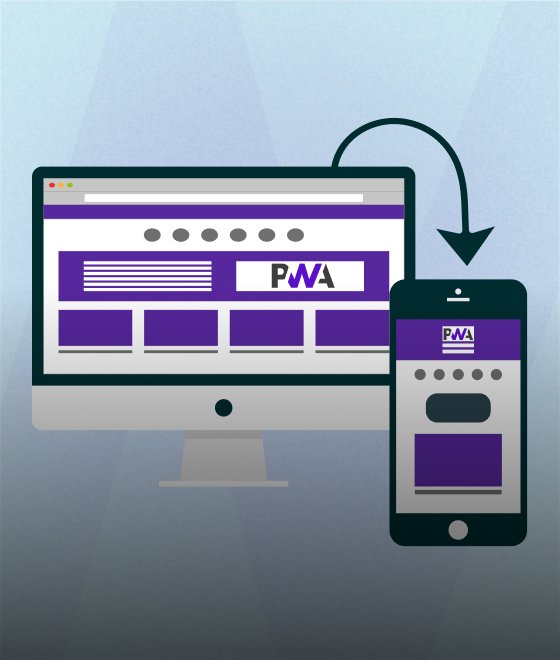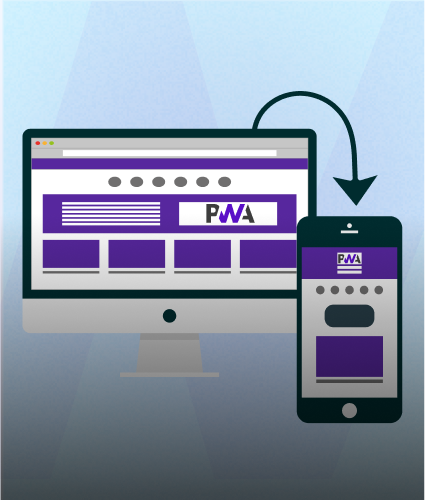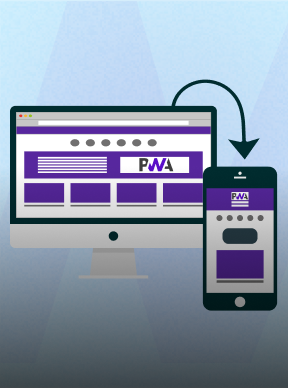Introduction
Starting a new project in a startup is an exhilarating journey, brimming with both opportunities and challenges. Effective project management is critical to the success of any startup, serving as its backbone. This guide explores the essential aspects of project management tailored for startups, offering insights into key applications, benefits, challenges, and best practices.

Why Does a Startup Need Project Management?
Many entrepreneurs often overlook the significance of project management in their startups. However, robust project management is essential as it minimizes errors and enhances efficiency. Startups face numerous risks, including planning, delivering client value, managing budgets, and executing projects. A dedicated project manager can ensure smoother operations during the early stages.

Interestingly, 97% of respondents in a survey on project management's importance to productivity believe it is crucial for business success. Regardless of your startup’s stage, incorporating a project management system is vital.
Selecting the appropriate project management method can be challenging. While a competitor might thrive using the traditional waterfall method, Agile methods might suit your business better. Evaluating and selecting the right project management methodology is key to achieving success.
Real-World Example: Choosing the Right Methodology
Consider a tech startup developing an innovative mobile app. They initially used the waterfall method, but frequent market changes required a more flexible approach. By switching to Agile, they could adapt quickly to user feedback and market demands, significantly improving their product development cycle.

Key Applications for Project Management
Product Development
Managing the lifecycle of product development from ideation to launch. For example, a startup developing a new mobile app can use Agile methodologies to streamline development, ensure regular updates, and incorporate user feedback.
Real-World Example: Agile in Product Development
A fintech startup, launching a new budgeting app, implemented Agile methodologies. They released a minimum viable product (MVP) quickly, gathered user feedback, and iteratively improved the app. This approach not only sped up development but also ensured the final product closely aligned with user needs.
Marketing Campaigns
Planning, executing, and monitoring marketing strategies to reach target audiences. For instance, a startup launching a new product can use project management tools to plan, execute, and monitor marketing campaigns, ensuring all tasks are completed on time and within budget.
Real-World Example: Coordinating a Marketing Campaign
An e-commerce startup used Asana to manage a multi-channel marketing campaign for their new product line. By organizing tasks, setting deadlines, and tracking progress in real-time, they successfully launched their campaign on schedule and within budget, resulting in a 30% increase in sales.
Resource Allocation
Efficiently distributing resources such as time, money, and personnel to maximize productivity. For example, in a software development project, a project manager assigns tasks based on team members' expertise, sets a budget for necessary tools, and creates a timeline to ensure timely project completion.
Real-World Example: Optimizing Resource Allocation
A health tech startup faced challenges with limited resources. By using Trello, they could allocate tasks efficiently, ensuring the most critical features were developed first. This strategic resource management enabled them to launch a functional prototype within their tight budget and timeframe.
Risk Management
Identifying, assessing, and mitigating risks to ensure project continuity. For instance, in a construction project, a project manager identifies risks like weather delays, cost overruns, and safety hazards, then develops mitigation strategies to ensure smooth project progression.
Real-World Example: Effective Risk Management
A biotech startup, during its lab expansion project, identified potential risks such as regulatory delays and equipment shortages. By using Jira to track these risks and develop mitigation plans, they managed to keep the project on schedule and within budget, avoiding significant setbacks.
Stakeholder Communication
Keeping all stakeholders informed and engaged throughout the project lifecycle. For example, in a marketing campaign, a project manager holds regular update meetings, sends detailed progress reports, and maintains open communication to keep clients, team members, and executives aligned and supportive.
Real-World Example: Enhancing Stakeholder Communication
A SaaS startup used Teamwork to streamline communication with their stakeholders. Regular updates and transparent reporting helped maintain stakeholder trust and engagement, leading to a successful product launch and strong investor relations.
Top Project Management Tools for Startups

Asana
Asana is a user-friendly platform that helps manage projects big and small. Start projects from scratch or use ready-to-use templates. Features like List, Timeline, and Board views help track progress and ensure timely project delivery.
Trello
Trello is a Kanban-style tool providing visibility into tasks on a board. It offers key insights into project processes and automates low-level tasks, allowing you to focus on high-level activities.
Teamwork
Teamwork is a collaborative platform offering features like Messages, Integrated Team Chat, and Collaborative Document Editor. It helps set milestones and track progress, ensuring effective teamwork and project continuity.
Jira
Jira helps coordinate team efforts and scale projects easily. With over 1500 plug-and-play apps, it enhances everyday processes. Its intuitive interface tracks tasks and statuses, preventing discrepancies and ensuring smooth project management.
How Project Management Increases a Startup’s Chance of Success

Improved Efficiency
Streamlined processes and clear timelines help achieve project goals faster. Structured practices help prioritize tasks, manage time effectively, and reduce wasted effort.
Real-World Example: Boosting Efficiency
A logistics startup implemented structured project management practices using Asana. By clearly defining tasks and deadlines, they reduced project completion times by 20%, allowing for quicker scaling of their operations.
Better Resource Management
Optimal resource use reduces waste and increases productivity. Centralized tools enable better communication and collaboration, fostering a cohesive work environment.
Enhanced Team Collaboration
Clear roles and responsibilities foster better teamwork and communication.
Real-World Example: Fostering Team Collaboration
A remote-first education startup used Teamwork to enhance collaboration among their geographically dispersed team. The platform’s integrated chat and collaborative document features improved communication and teamwork, resulting in a smoother project execution.
Risk Mitigation
Proactive risk management minimizes potential setbacks, keeping projects on track despite unforeseen challenges.
Higher Success Rates
Structured project management increases project success likelihood.
Cost Control
Effective project management helps stay within budget by closely monitoring expenses and optimizing resources.
Real-World Example: Managing Costs Effectively
An AI startup, facing budget constraints, used Trello to monitor project expenses meticulously. This allowed them to stay within budget and allocate funds more effectively, ensuring the successful launch of their product.
Customer Satisfaction
Delivering projects on time and within scope meets or exceeds customer expectations, building a strong reputation and loyalty.
Real-World Example: Enhancing Customer Satisfaction
A digital marketing startup used Jira to manage client projects. By delivering campaigns on time and within scope, they consistently exceeded client expectations, resulting in higher customer satisfaction and repeat business.
Challenges of Project Management in Startups
- Limited Resources: Constrained budgets and manpower.
- Uncertain Market Conditions: Rapidly changing market dynamics.
- Lack of Experience: Potential inefficiencies due to lack of formal training.
- Scope Creep: Uncontrolled changes or continuous growth in project scope.
- Time Management: Balancing multiple projects and deadlines.
- Maintaining Flexibility: Adapting to new information and changing priorities while staying on track.
Before concluding, consider leveraging Zignuts' MVP development services. We help startups build robust MVPs quickly, allowing you to test, iterate, and scale your ideas efficiently. Our expertise ensures you get to market faster with a product that meets user needs. Explore how we can turn your vision into reality with precision and speed.
Conclusion
Effective project management is crucial for startup success. By understanding and implementing key principles, startups can navigate project complexities, optimize resources, and achieve business goals. Embracing these practices enhances efficiency and productivity, positioning startups for long-term success in a competitive market.
Real-world examples underscore the transformative power of project management in startups. Implement these strategies and tools to elevate your startup's potential and drive it towards success




.svg)

.svg)



.svg)

.svg)







.png)
.png)
.png)



.png)
.png)
.png)



